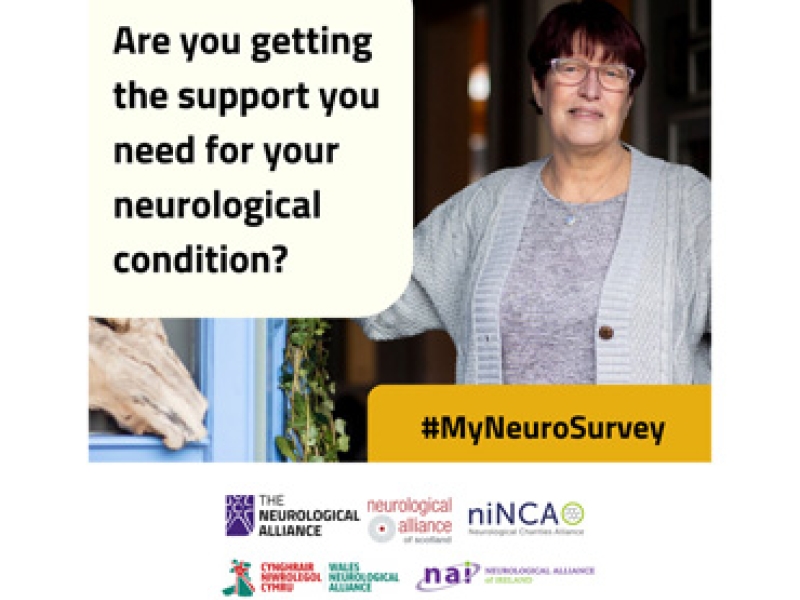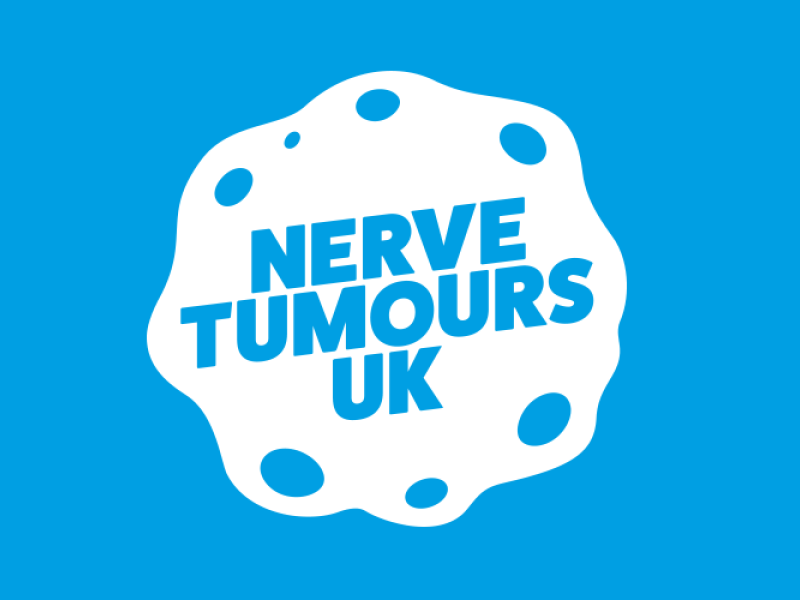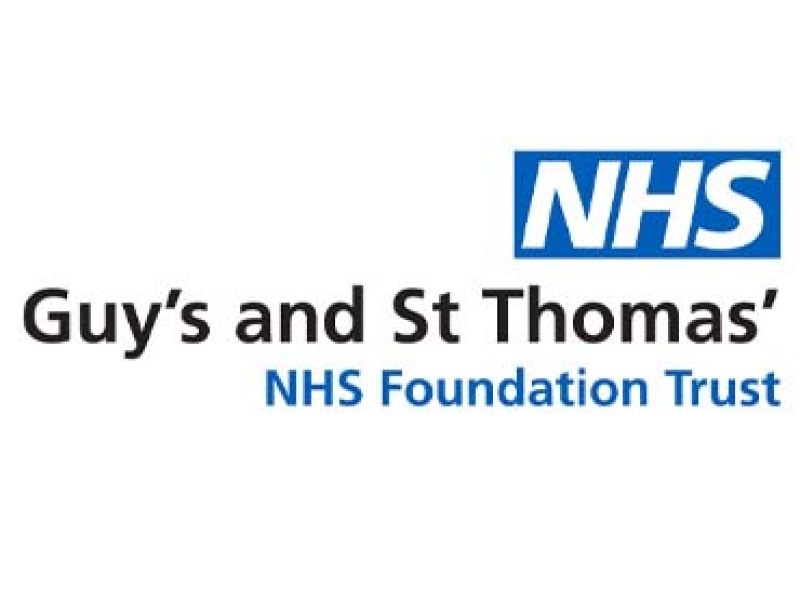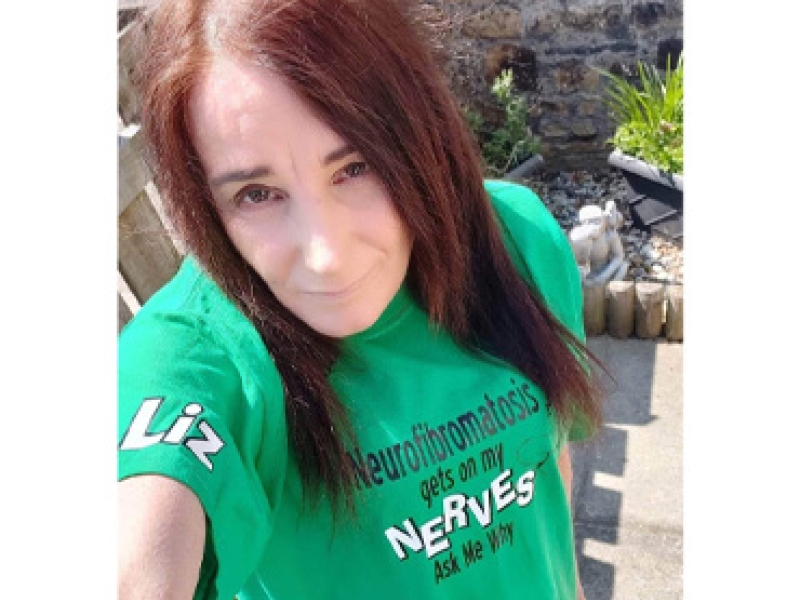Jane Frances
19 November 2019
Jane Frances
Jane Frances is a psychotherapist and was for many years Schools Specialist and Policy Advisor in Education at Changing Faces, UK. She is an expert in the psychology of visible difference.
She tells us of how findings from psychological research can help parents and teachers of children with Neurofibromatosis to better support them.
“I have worked with a lot of children with many conditions including NF, and I’ve found that the responses by other people to visible difference is pretty standard across conditions. The advice I give is based on research. ‘Common sense’, however well-intentioned, can lead to counterproductive interventions.
For example, if a child is staring at a child with a visible difference, the ‘natural’ reaction of the teacher is to say, ‘you mustn’t stare’. The result is that children learn to turn away, and the child with the difference feels even more isolated.
A better response is for the teacher to tell the staring child, ‘if you find yourself staring, smile and say ‘Hello, my name is Jane. What’s your name?’’
It is even more important that parents or the teacher coach the child who has NF to handle other children’s curiosity. The best strategy is for the child with NF to have something to say, like: ‘Don’t mind my lumps and bumps. I’ve got NF. Have you got something interesting about you?’ It is always good to round off with a question and engage – curiosity is the beginning of a relationship.
If the child is shy and nervous, the teacher might need to say, ‘Oh you’ve noticed Timothy’s unusual face. Well that’s the way Timothy’s face is, and did you know Timothy has a pet cat?’
We know from countless studies that it is harder for a child who looks unusual to make and keep friends. This is caused not by an aversion to the unusual face, but by an aversion to the stigma. The key, therefore, is to reduce or eliminate the stigma. The conversational strategies above will help. A curious stare is a door to a conversation and possible relationship.
Teachers’ expectations are also key: they need to hold in their heart really positive hopes for this child’s future. Many studies confirm the ‘Pygmalion Effect’: that lower expectations lead to lower results. Teachers aren’t doing children a favour by going easy on them. The child needs tough, high expectations.
These are just a few tips. You can get more information and resources for tackling issues of face equality and the impact of appearance at changingfaces.org.uk.”
– Jane Frances"The best strategy is for the child with NF to have something to say, like: ‘Don’t mind my lumps and bumps. I’ve got NF. Have you got something interesting about you? "
Filter News

Eva-Hope’s NF2 story
Tahlia describes how the family felt after receiving daughter Eva-Hope's NF2 diagnosis
Read More
My Neuro Survey 2024
Fill out #MyNeuroSurvey and help to improve treatment, care and support for everyone affected by neurological conditions.
Read More
VTCT Foundation Showcase
Find out about this event which showcases projects and research supported by the VTCT Foundation
Read More
Crazy Nanna Hazel & Evie
4 year old Evie's NF1 diagnosis impacted the whole family. Hazel shares Evie's story from a grandmother's perspective
Read More
2024 Friedrich von Recklinghausen Award
Professor Rosalie Ferner, Trustee and Member of the Nerve Tumours UK Medical Advisory Board receives this year's award
Read More
Become a Trustee
Nerve Tumours UK are looking for at least two new trustees to join the Board. Find out more
Read More
Guy’s Hospital NF Centre Coffee Meetings
Guy's Hospital Neurofibromatosis Centre Coffee Club
Read More
Liz’s NF1 story: This is the real me
Liz describes growing up with NF1, difficulties at school, spinal surgery and raising awareness by writing a poem about NF.
Read More
Stronger Together Rare Conference
Read this review of the conference and find out where to access further support
Read More

